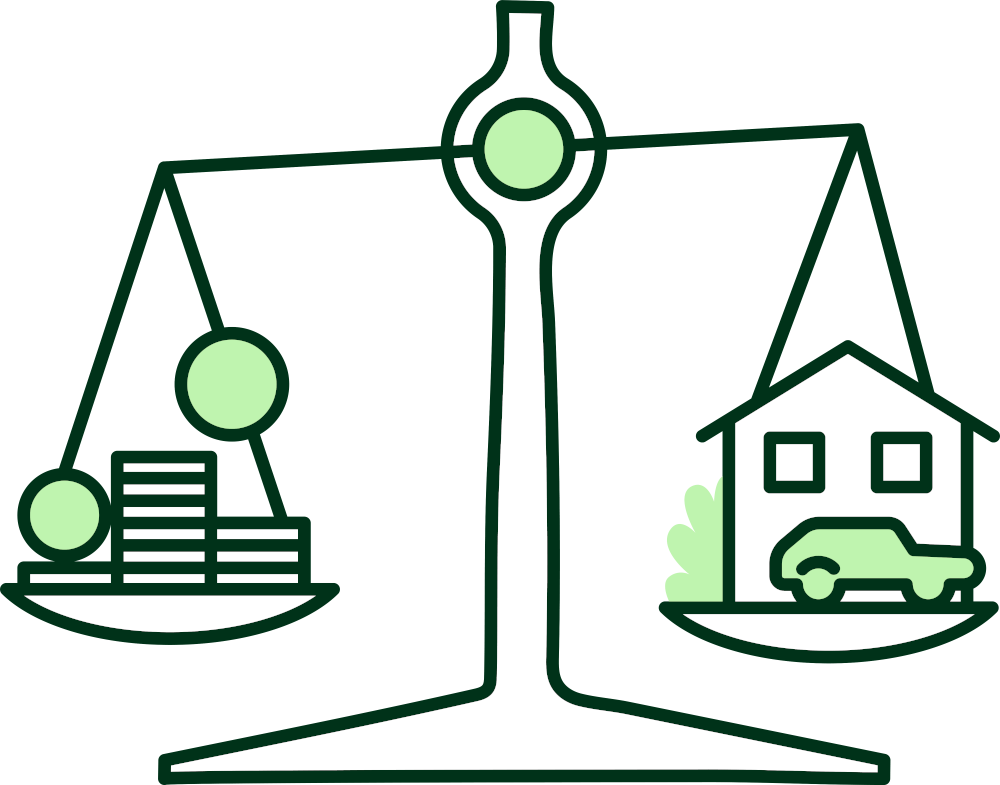When can creditors go to the High Court?
Creditors can make a claim for money that you owe through the County Court or the High Court. Most creditors will go to the County Court.
Creditors can go to the High Court for claims over £100,000 for debts not covered by the Consumer Credit Act 1974. See our guide on High Court Enforcement.
The creditor has to show why the case should be heard in the High Court.
For example, because it is for a large amount, or the result could be important to the public.
What happens if a creditor goes to the High Court?
If a creditor has a county court judgment (CCJ) against you, they may be able to enforce it in the High Court. This won’t be possible if your debt is CCA-regulated or if you owe less than £600. They can do this by taking control of goods. This involves High Court Enforcement Officers (HCEOs) instructing bailiffs to visit you.
If the bailiffs visit you, don’t let them in. Make sure your property’s doors and windows are secure and don’t leave anything valuable (e.g.your car) outside.
If the bailiffs gain entry, they may list your goods and ask you to sign a controlled goods agreement (CGA). This allows you to keep using the goods listed. However, if you do not pay, they can remove the goods listed on the CGA and sell them. In some situations, your goods may be removed straight away or, locked up in a room on your premises.
Informal agreements
If you cannot pay the high court bailiffs in full straight away, negotiate with them to pay by instalments. This is cheaper and quicker than an application to the court. It is important not to offer more than you can afford. If you fall behind with the payments you have agreed and the bailiff has already taken control of your goods, they may remove them.
What else can I do?
If you cannot come to an agreement with the high court bailiff, you can make an application for a ‘stay of execution’. There is a form for doing this. You have to pay a fee to make the application. Explain that you are requesting a stay of execution, with an offer of payment. This could be by instalments or a lump-sum payment of the whole amount by a certain date.
You should also apply to the County Court to change the terms of the original CCJ. If they accept your application, and you keep to the payments, this will stop the creditor from taking most other types of action.


